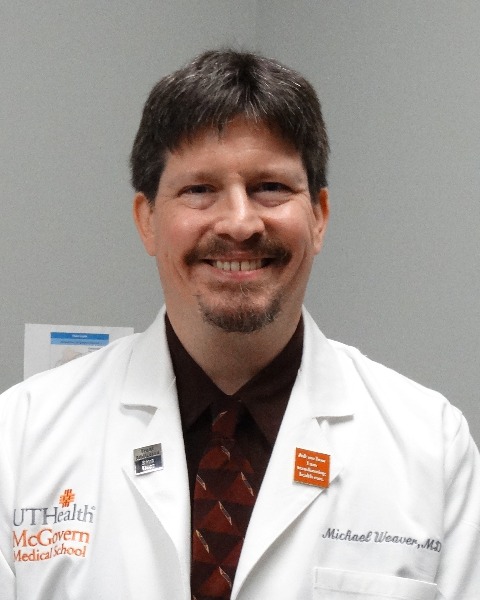Back
Focus Session
Alcohol Withdrawal Management: Beyond Benzos
Saturday, April 2, 2022
3:00 PM – 4:00 PM ET
Location: Regency Ballroom, Second Floor
Benzodiazepines are the mainstay of treatment for alcohol and other sedative-hypnotic withdrawal syndromes. Patients with a sedative-hypnotic withdrawal syndrome may rapidly decompensate and progress to major withdrawal requiring intensive, appropriate pharmaceutical management. However, in some instances, benzodiazepines may not be appropriate for treatment of withdrawal. In the case of chronic abuse of benzodiazepines, withdrawal from both alcohol and benzodiazepines, or the use of γ-hydroxybutyric acid (GHB), and its prodrug, γ-butyrolactone (GBL) severe withdrawal may occur and other pharmacotherapies should be considered. Alternative pharmacologic options are available, including phenobarbital, gabapentin, alpha-adrenergic agonists, and others. Current evidence in the literature presents conflicting and limited information for the management of sedative-hypnotic and alcohol withdrawal, particularly with alternative agents. The evidence regarding efficacy, dosages, and outcomes is conflicting without emergence of best practices and protocols. Additionally, protocols and medication management may vary across clinical settings. Appropriate use of benzodiazepines, barbiturates, and alternative medications may differ in the emergency department, outpatient setting and hospital, including the intensive care unit. Practitioners should be familiar with the benefits and potential concerns related to use of non-benzodiazepine medications for treatment of sedative withdrawal syndrome. This focus session will cover alternatives to benzodiazepines for treatment of withdrawal, including phenobarbital, gabapentin, and other options. The presentation will be evidence-based and draw from existing medical literature, and it will also include the presenters’ clinical experience with complicated patients. The emphasis will be on clinical issues, such as assessment of withdrawal, choosing an appropriate medication and regimen, monitoring severity, triaging to appropriate level of care, and addressing related medical and psychiatric complications. The presenters are experienced clinicians who have been involved in assessing and treating patients with sedative use disorders and complicated withdrawal syndromes. The presenters have also published about withdrawal treatment in peer-reviewed journals. Time will be allotted during and at the end of the workshop for attendees’ questions.
Conclusions: This workshop will provide attendees with evidence-based clinical knowledge to help guide their evaluation and treatment of complex patients with sedative withdrawal syndrome using alternative medication options besides just benzodiazepines.
Conclusions: This workshop will provide attendees with evidence-based clinical knowledge to help guide their evaluation and treatment of complex patients with sedative withdrawal syndrome using alternative medication options besides just benzodiazepines.
Learning Objectives:
Learners will be able to:
- Identify different evidence-based pharmacologic options for treatment of withdrawal from alcohol and/or sedatives.
- Recognize risks and benefits of pharmacologic options for sedative withdrawal treatment, including phenobarbital, gabapentin, and other medications.
- Discuss treatment of complex sedative withdrawal syndromes in different settings.
- MW
Martha J. Wunsch, MD
Past President
American College of Academic Addiction Medicine, California 
Michael F. Weaver, MD, DFASAM
Professor and Medical Director
University of Texas Health Science Center at Houston, Texas


